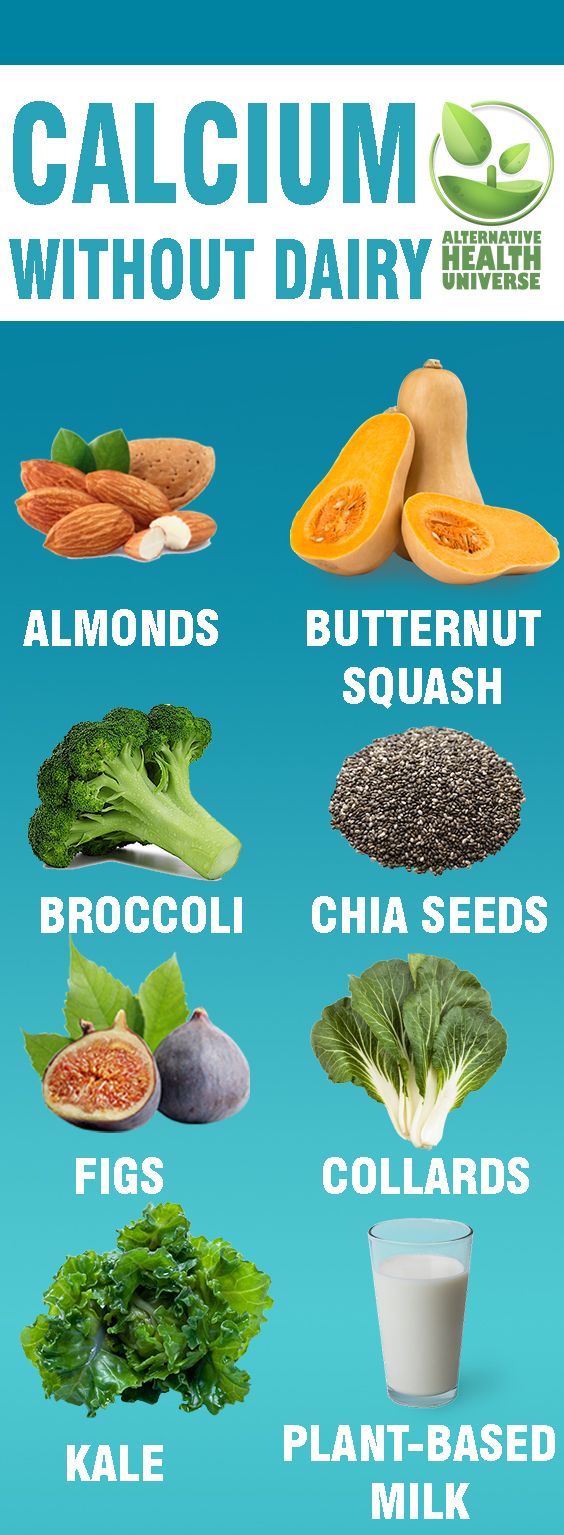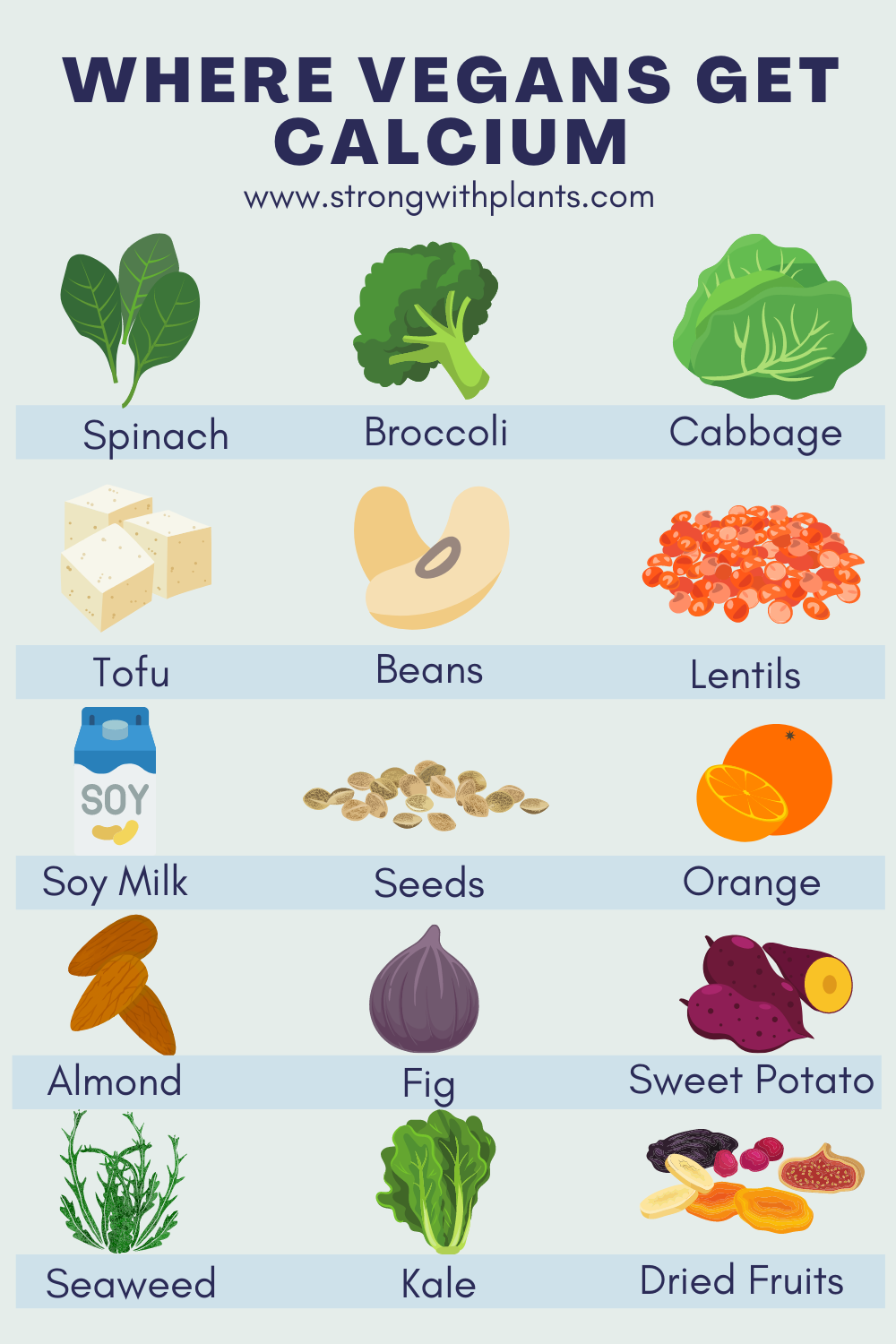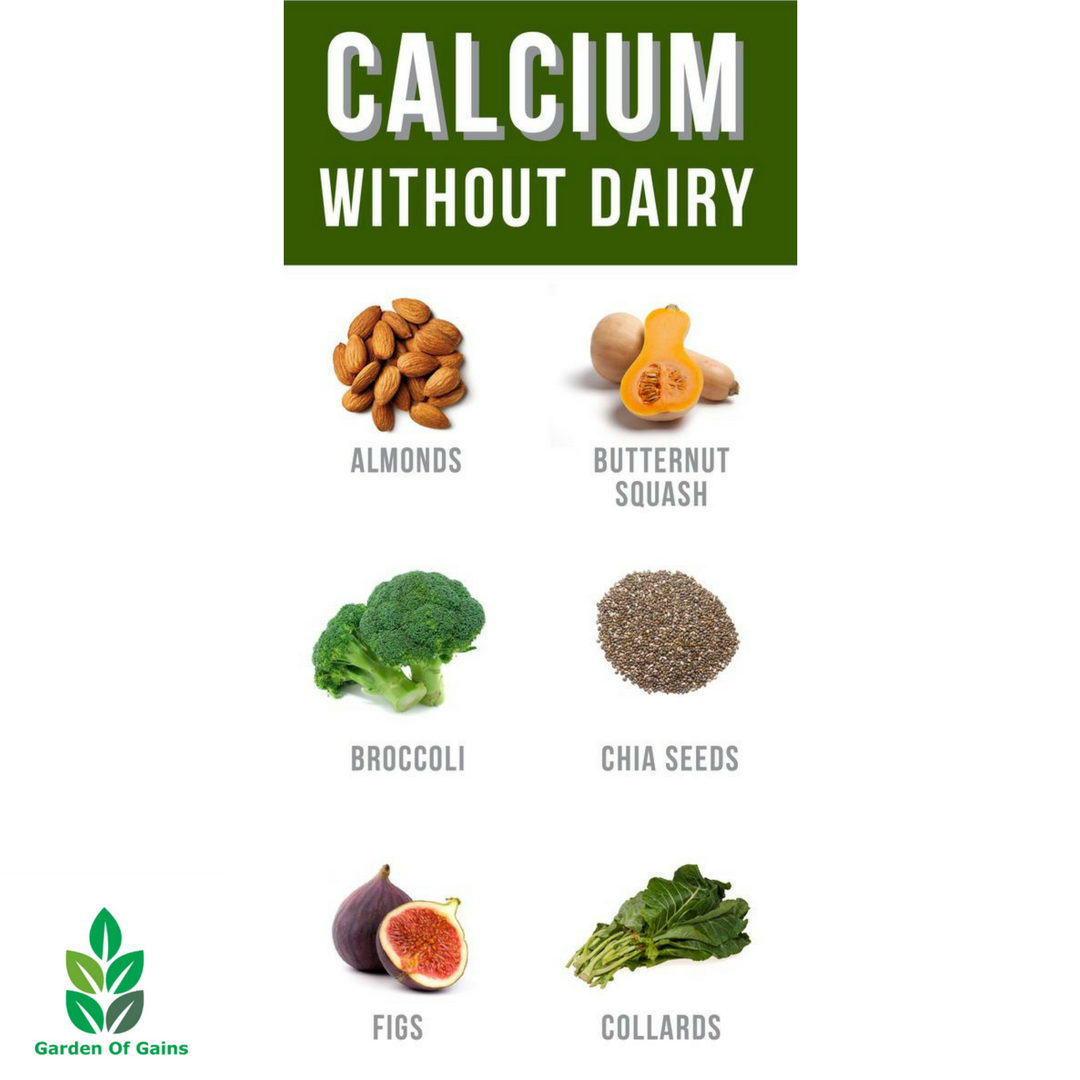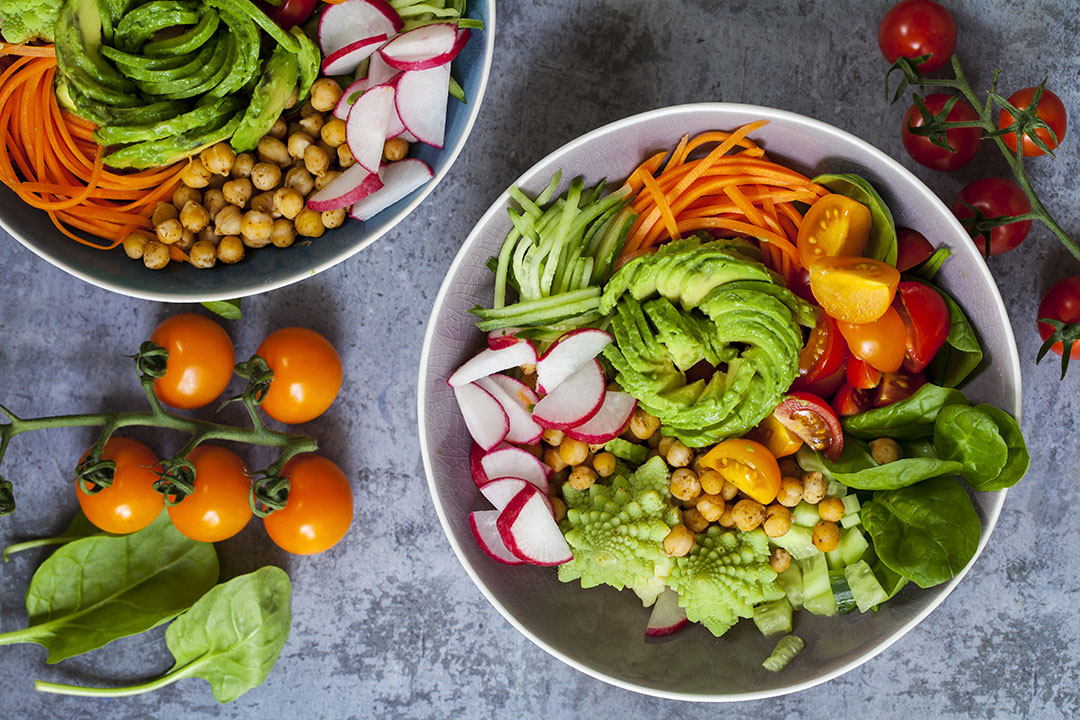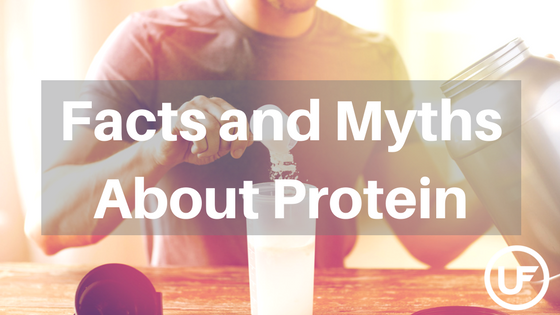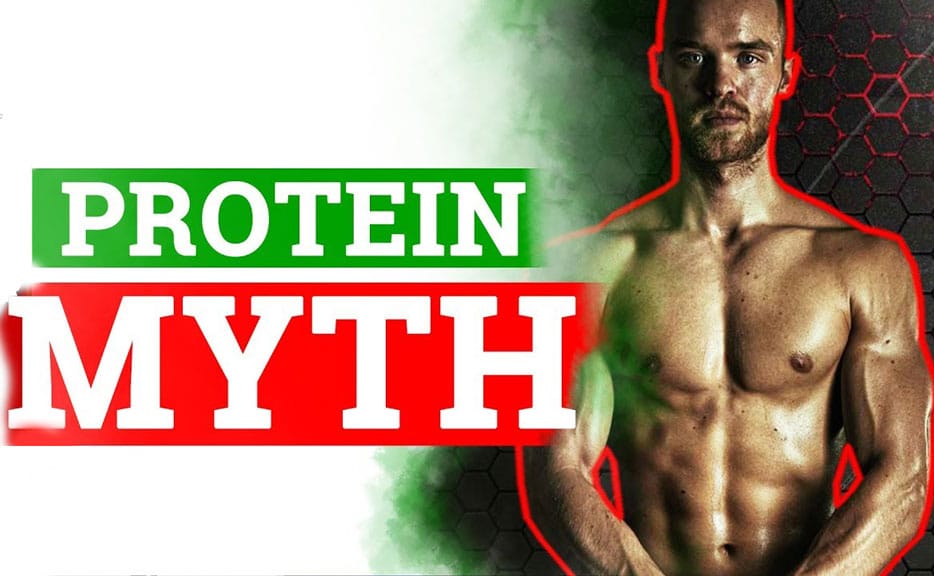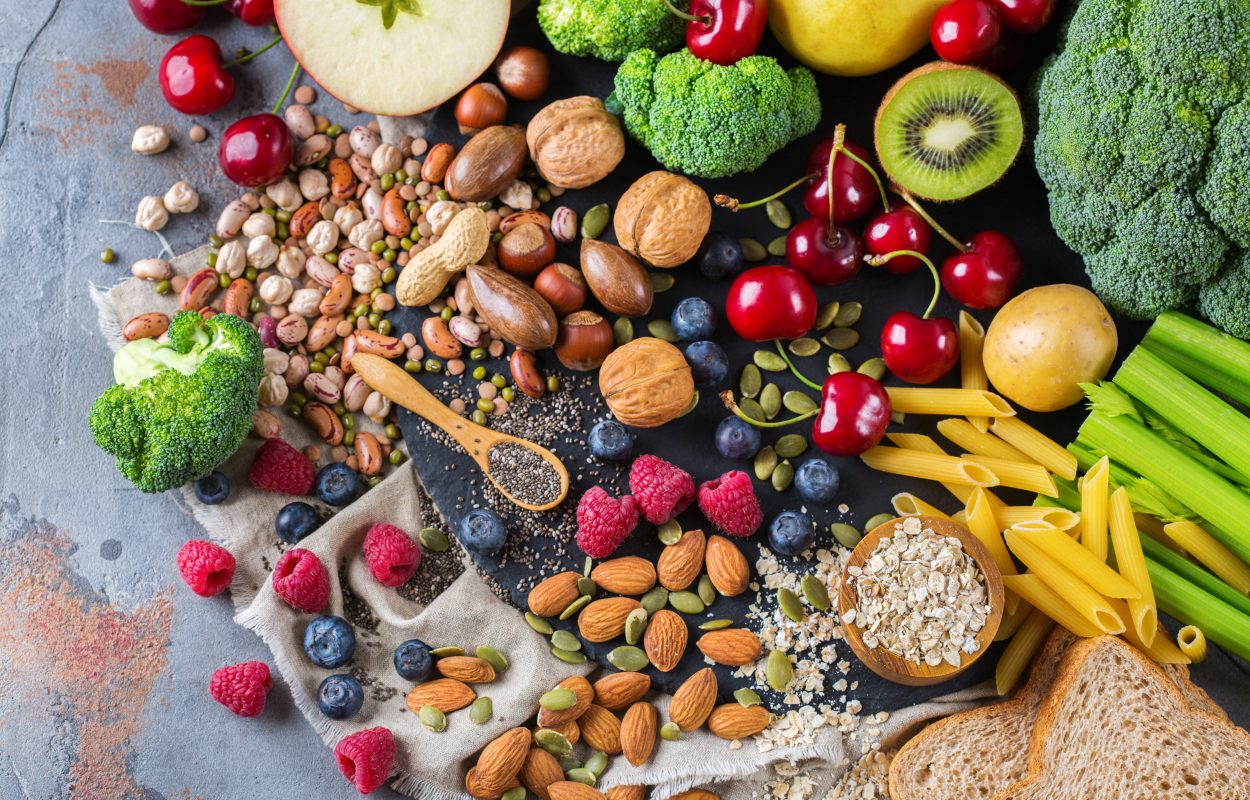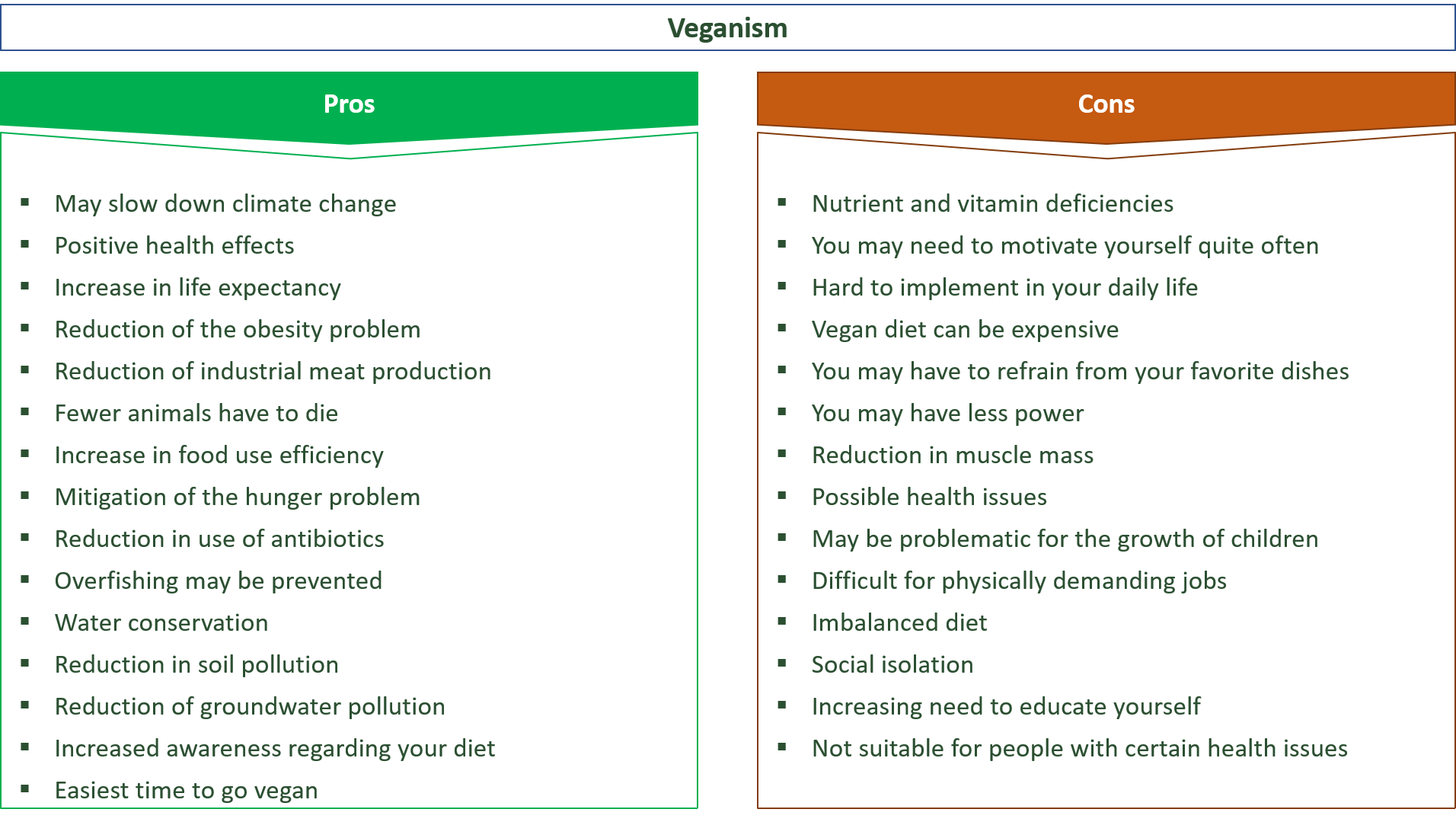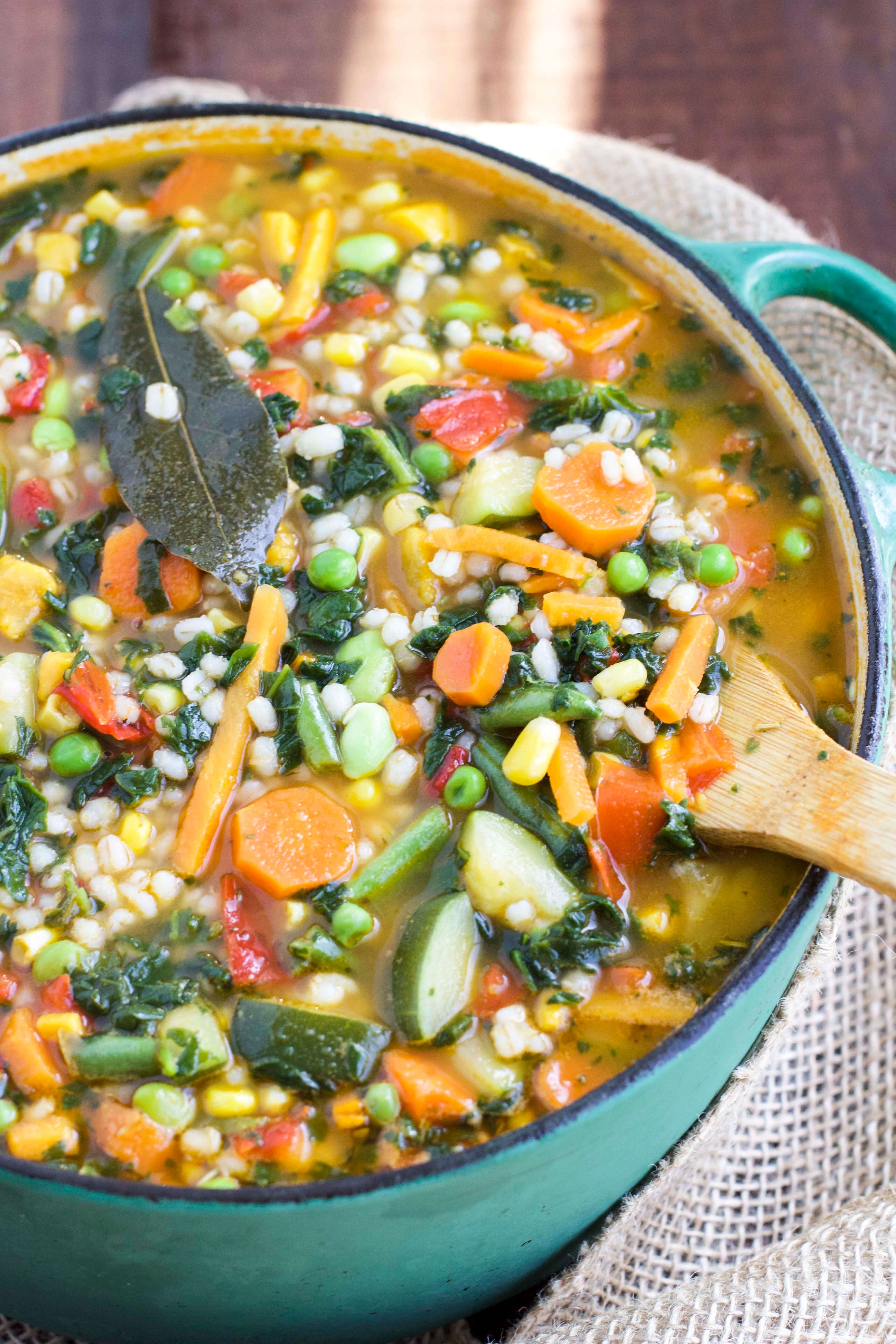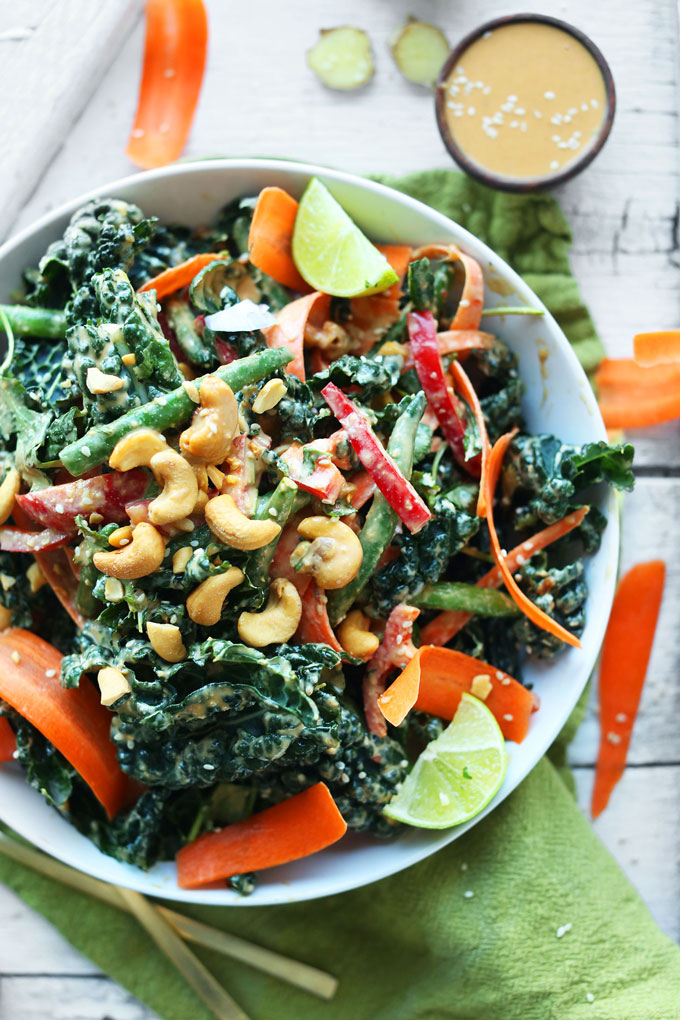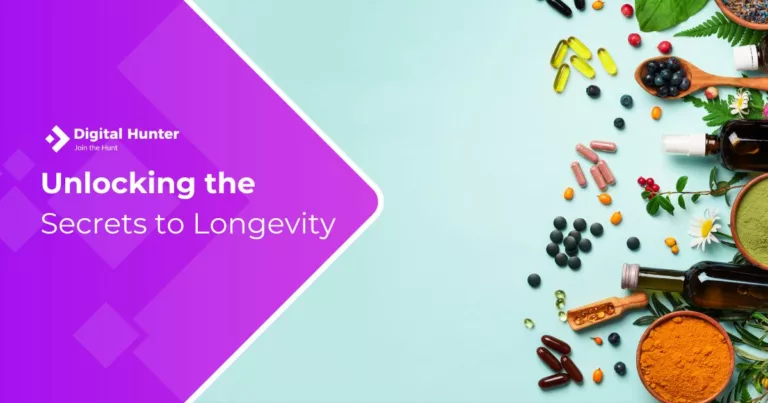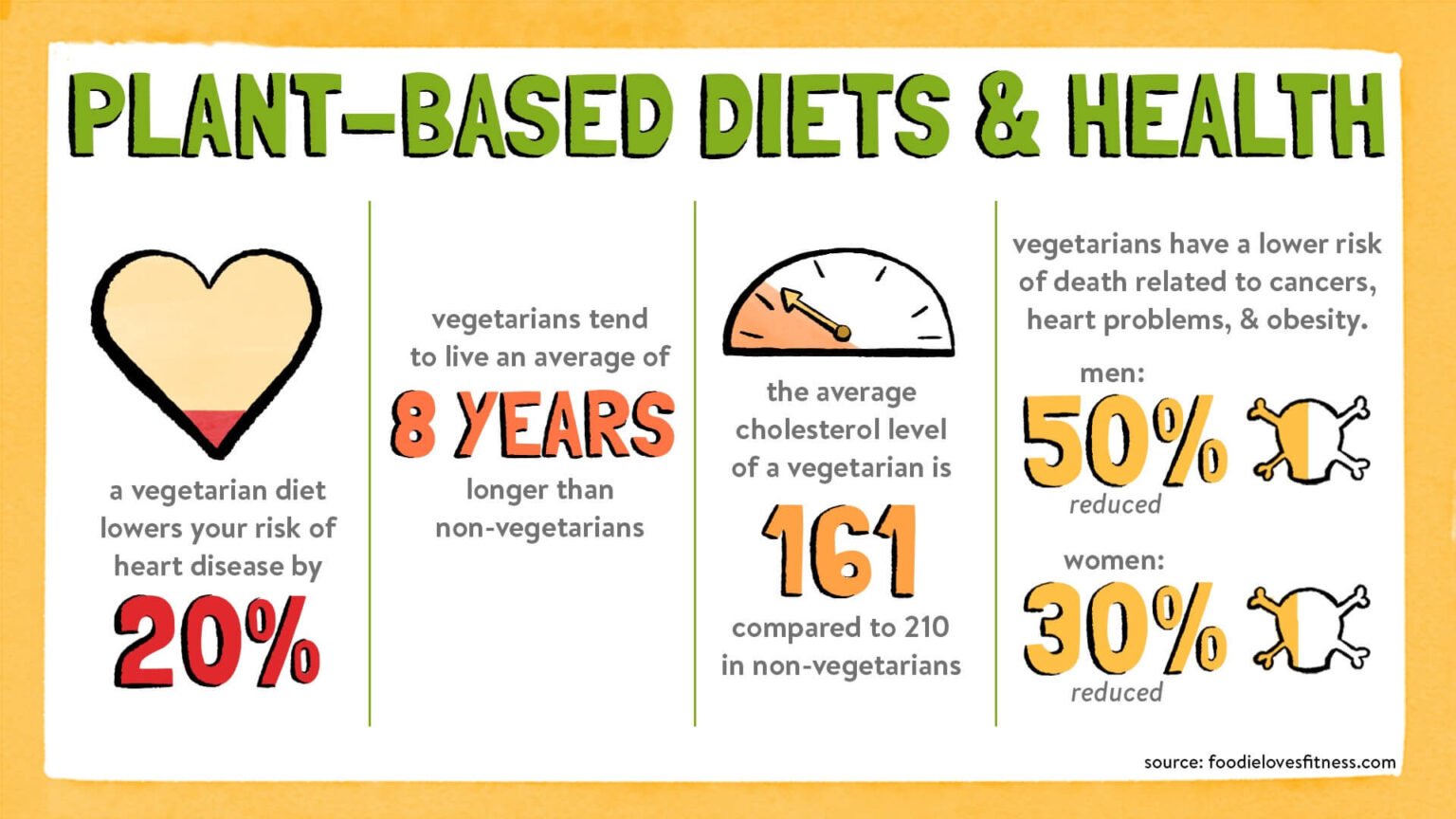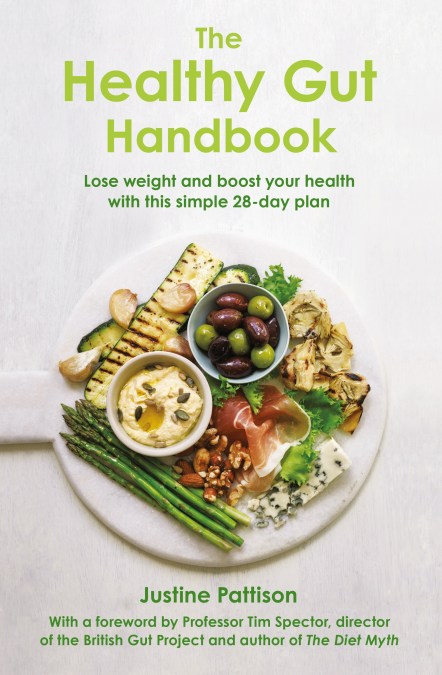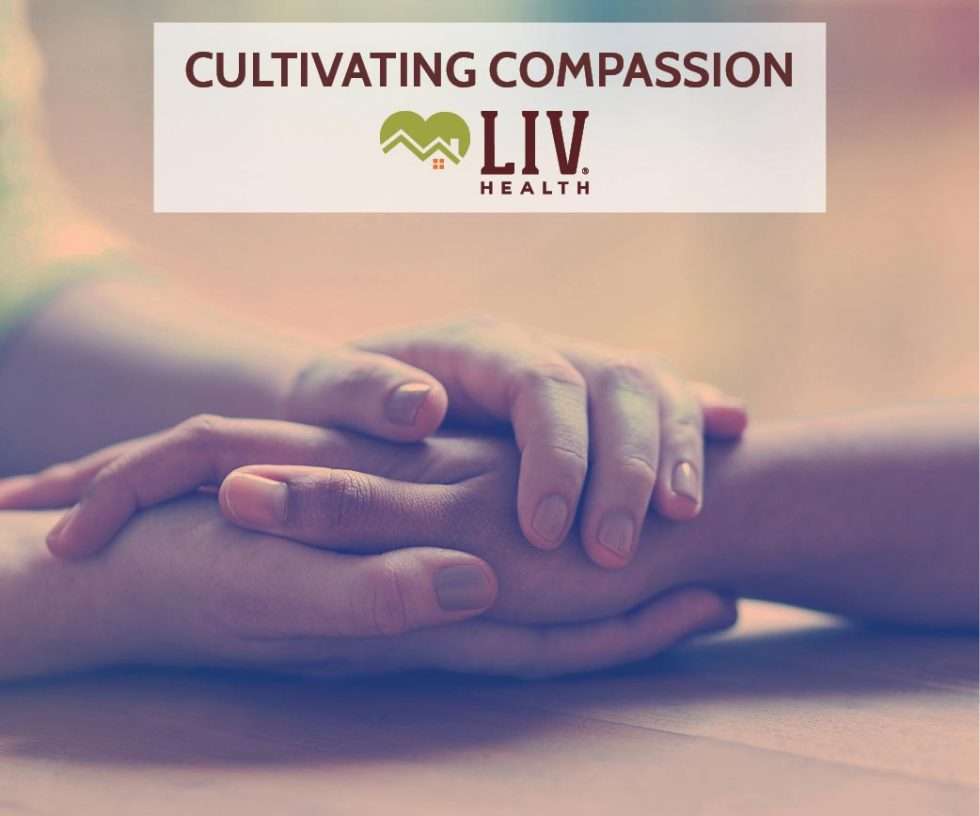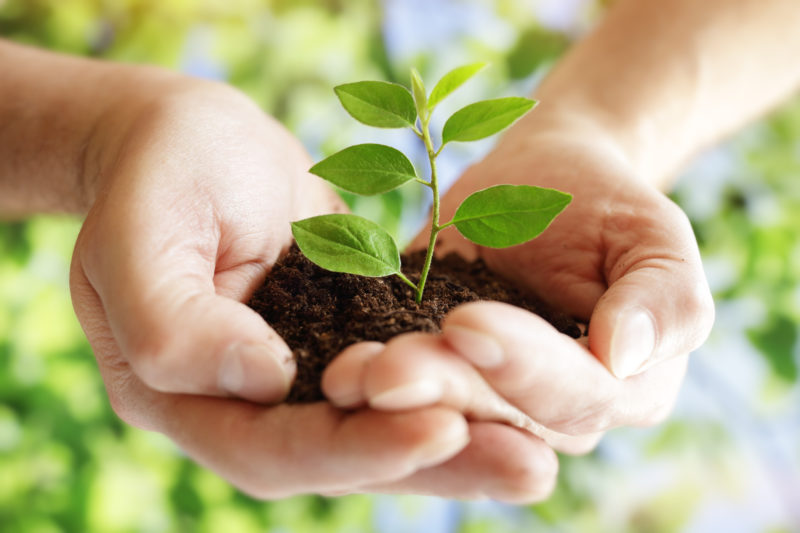The Vegan’s Guide To B12: Navigating Nutritional Needs

Executive Summary
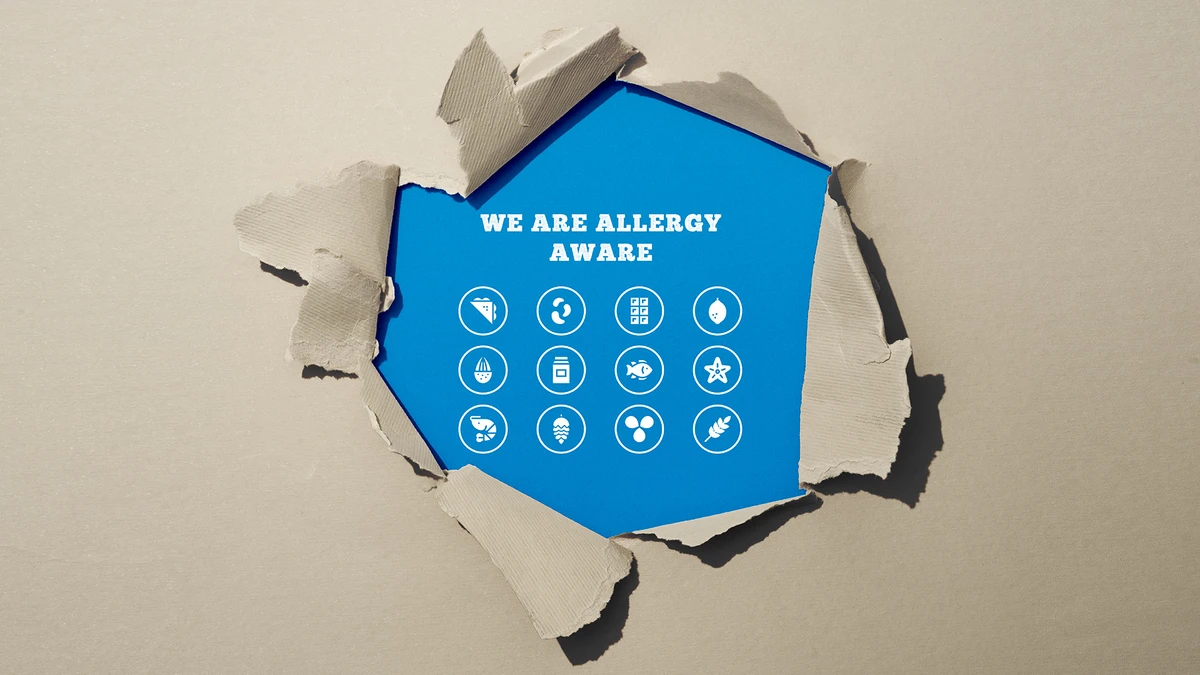
This comprehensive guide delves into the crucial topic of vitamin B12 for vegans. We will explore the unique challenges vegans face in obtaining this vital nutrient and provide actionable strategies for ensuring adequate B12 intake. From understanding the role of B12 in the body to exploring various supplementation options, this guide empowers vegans to make informed decisions about their dietary needs.

Introduction
Adopting a vegan lifestyle can be incredibly rewarding, offering numerous health and ethical benefits. However, it’s essential to be mindful of certain nutritional considerations, particularly when it comes to vitamin B12. Unlike most other nutrients, B12 is not found in plant-based foods. This makes it crucial for vegans to actively seek alternative sources of B12 to prevent potential deficiencies.
What is vitamin B12 and why is it important for vegans?
Vitamin B12, also known as cobalamin, plays a crucial role in numerous bodily functions, including:
- Red blood cell formation: B12 is essential for the production of red blood cells, which carry oxygen throughout the body.
- DNA synthesis: B12 is involved in the replication and repair of DNA, the building blocks of life.
- Nerve function: B12 is vital for the maintenance and function of the nervous system.
Vegans must pay particular attention to their B12 intake because the primary sources of this vitamin are animal products. While plant-based foods are rich in other nutrients, they do not naturally contain B12. Therefore, vegans need to be proactive in obtaining this essential vitamin.
What are the symptoms of B12 deficiency?
B12 deficiency can manifest in various ways, including:
- Fatigue and weakness: Low B12 levels can result in a decrease in red blood cells, leading to fatigue and a lack of energy.
- Pernicious anemia: A severe form of anemia caused by the inability to absorb B12.
- Neurological problems: B12 deficiency can affect the nervous system, causing numbness, tingling, and even memory problems.
- Digestive issues: Constipation, diarrhea, or a loss of appetite can be indicators of low B12.
It’s important to note that symptoms of B12 deficiency can be subtle and may not be immediately obvious. Regular health checkups and blood tests can help identify potential deficiencies early on.
What are the different ways to get B12 as a vegan?
There are several effective ways to ensure adequate B12 intake on a vegan diet:
1. B12-Fortified Foods:
- Plant-based milk: Many brands of almond, soy, and oat milk are fortified with B12.
- Breakfast cereals: Fortified cereals offer a convenient way to boost B12 intake.
- Nutritional yeast: This inactive yeast is a good source of B12 and has a cheesy flavor.
- B12-fortified vegan meat alternatives: Some vegan burgers, sausages, and other meat replacements are fortified with B12.
2. B12 Supplements:
- Oral supplements: B12 supplements are readily available in various forms, including tablets, gummies, and liquids.
- Sublingual tablets: These tablets are absorbed directly under the tongue, bypassing the digestive system.
- Nasal spray: B12 nasal spray offers a convenient and effective way to absorb the vitamin.
3. B12-Enriched Foods:
- Tempeh: This fermented soybean product can be fortified with B12.
- Tofu: While tofu itself doesn’t contain B12, it can be fortified with the vitamin during production.
- Seaweed: Some types of seaweed, like nori and spirulina, contain small amounts of B12. However, it’s important to consult with a healthcare professional to ensure adequate intake from seaweed alone.
What are the potential risks of B12 deficiency?
B12 deficiency can have serious consequences if left untreated. These risks include:
- Permanent neurological damage: Prolonged B12 deficiency can lead to irreversible nerve damage, affecting movement, sensation, and cognitive function.
- Heart problems: Anemia caused by B12 deficiency can strain the heart, increasing the risk of heart failure.
- Pregnancy complications: B12 deficiency during pregnancy can increase the risk of miscarriage, premature birth, and birth defects.
- Mental health issues: Some studies suggest a possible link between B12 deficiency and depression, anxiety, and other mental health conditions.
How can I get tested for B12 deficiency?
A simple blood test can accurately assess your B12 levels. It’s recommended to discuss with your healthcare provider about getting regular B12 checks, especially if you are vegan or have any concerns about your B12 intake.
Understanding B12 Absorption
B12 absorption involves a complex process that begins in the stomach and continues in the small intestine.
- Intrinsic factor: A protein produced in the stomach, binds to B12, facilitating its absorption in the small intestine.
- Dietary sources: B12 from animal sources, such as meat, poultry, fish, and dairy products, is readily absorbed.
- Vegan sources: B12 from plant-based sources, such as fortified foods and supplements, may not be as easily absorbed due to the lack of intrinsic factor.
Optimizing B12 Absorption
Here are some tips for optimizing B12 absorption, especially from vegan sources:
- Choose B12 supplements that are readily absorbed: Sublingual tablets, nasal sprays, and certain oral supplements are designed for optimal absorption.
- Consume B12 supplements with food: B12 absorption can be enhanced when taken with food, particularly those high in fat or protein.
- Consider taking B12 with other nutrients: Vitamin C and folic acid can aid in B12 absorption.
- Consult with a healthcare professional: If you have concerns about your B12 absorption or potential deficiencies, seeking guidance from a registered dietitian or doctor is recommended.
Conclusion
Navigating vitamin B12 as a vegan requires proactive planning and consistent monitoring. By incorporating B12-fortified foods, supplements, and a balanced diet, vegans can ensure adequate intake of this crucial nutrient. Regular blood tests and consultations with healthcare professionals can help identify any potential deficiencies early on. Remember, taking a proactive approach to B12 is essential for maintaining good health and well-being as a vegan.
Tags:
- Vitamin B12
- Vegan
- B12 deficiency
- Plant-based diet
- B12 supplements
